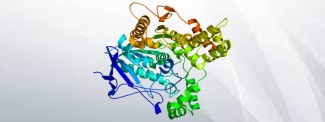
The neuromuscular junction is a zone that enables transfer of information from the nervous system to muscles, and is affected in Amyotrophic Lateral Sclerosis. The team led by Edor Kabashi at the Institut du Cerveau – ICM focused on the role of...
03.24.2017
Research, science & health
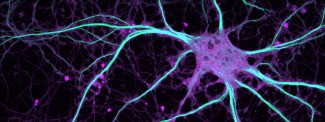
Serotonin is a neuromodulator, meaning a molecule produced by neurons that modulates communication between other neurons in our brain. Serotonin has many functions that, for some, remain unclear. It is involved in regulation of behaviors, mood...
03.21.2017
Research, science & health

0808Xavier Briffault is a social science researcher specialized in healthcare at the CNRS-CERMES3 and is involved in the Crazy App and Altotoc projects with the team led by Luc Mallet at the Institut du Cerveau - ICM. He recently wrote a book...
03.08.2017
Research, science & health
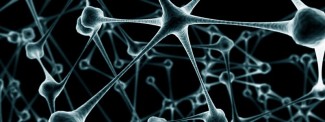
What if an antibiotic that has been used for more than half a century could cure Parkinson's disease? This is the hope raised by a study of two researchers from the Brain & Spine Institute, Rita Raisman-Vozari, Emeritus Director of Research at the...
03.02.2017
Research, science & health
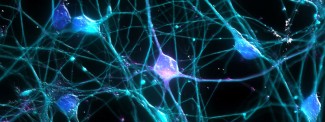
Why does multiple sclerosis progress more rapidly in some patients than in others? Why do some patients with multiple sclerosis succeed in repairing demyelination damage over the course of the disease and others not? A joint study led by Institut du...
02.28.2017
Research, science & health

In a new study, Mariam Chammat, post-doctoral researcher (FRM) and Prof Lionel Naccache (AP-HP, UPMC), team leader at the Institut du Cerveau, found that the renowned psychological phenomenon known as cognitive dissonance is closely linked to...
02.06.2017
Research, science & health
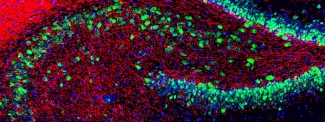
Myelin, a protective sheath that covers various nerve fibers, is essential in the transmission of nerve signals and enables proper function of the nervous system. Myelin degeneration causes severe illnesses including multiple sclerosis. Lamia...
02.03.2017
Research, science & health
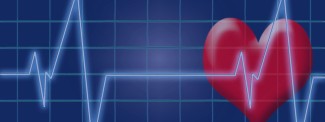
From the early stages of Parkinson’s disease onwards, cardiovascular and respiratory disorders are relatively frequent. The team led by Stéphane Lehéricy and Marie Vidailhet at the Institut du Cerveau – ICM highlighted, for the very first time, a...
02.02.2017
Research, science & health

Nicolas Renier, a new team leader at the Institut du Cerveau - ICM, joined the Institute on the 1st January 2017. His work focuses on changes of connections between neurons in adulthood, using a new technique: 3D brain imaging through light-sheet...
01.26.2017
Research, science & health

The publication of Benedetta Bodini and Bruno Stankoff, researchers at Paris Brain Institute, on the use of a new imaging technique in multiple sclerosis, was selected by Lancet Neurology among the top 5 of 2016 to improve the understanding and...
12.29.2016
Research, science & health
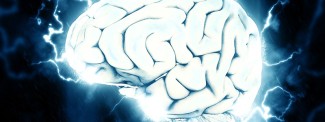
A stage 3 clinical trial has proven the efficacy of lacosamide alone to treat focal seizures, specifically as a first-line treatment for newly diagnosed epilepsy.
12.27.2016
Research, science & health
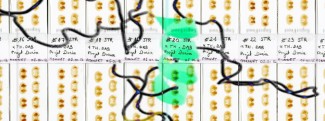
Researchers from the “Experimental therapeutics of neurodegeneration” team led by Etienne Hirsch at the Brain and Spine Institute – Institut du Cerveau - ICM, Institut du Cerveau et de la Moelle épinière – and collaborators, have just published a...
12.24.2016
Research, science & health

